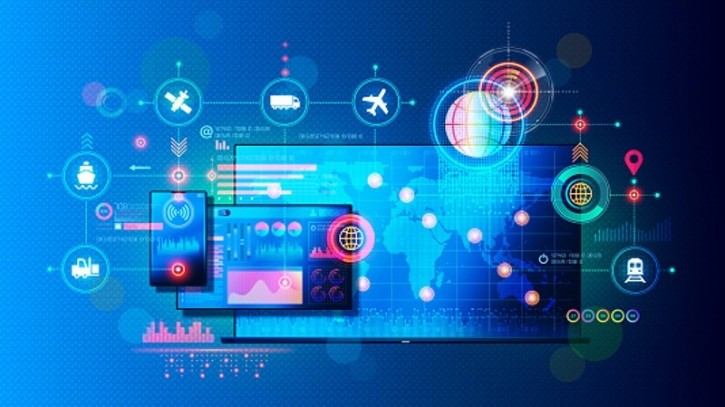In a bid to bolster its food safety measures, South Korea has taken a significant step by expanding its AI-based screening system to cover processed food imports. This move comes amidst growing concerns globally about food safety and quality, especially with processed foods.
South Korea’s AI-based screening system, known as SAFE-i24, has been extended to include processed food imports. This expansion is a strategic move aimed at maintaining stringent standards and ensuring the safety and quality of food products entering the country. By integrating AI technology into the screening process, South Korea seeks to enhance efficiency, particularly during peak seasons when the volume of imports surges
The primary objective behind this expansion is to ensure the safety and quality of processed food imports. By leveraging AI technology, South Korea aims to conduct rigorous scrutiny of food products, thereby minimizing the risk of contaminants or substandard items entering the market. This proactive approach underscores South Korea’s commitment to safeguarding public health and consumer interests.
Global trends and insights
South Korea’s decision to expand its AI-based food screening system reflects broader global trends and insights into the food industry. Studies analyzing the growth potential of online food markets indicate a rising demand for safe and high-quality food products
Additionally, advancements in machine learning have enabled accurate predictions of food processing degrees, highlighting the importance of robust screening mechanisms
By aligning with these trends, South Korea positions itself at the forefront of food safety and innovation.
The expansion of South Korea’s AI-based screening system is poised to have a significant impact on the food industry, both domestically and internationally. Domestically, it will instill greater confidence among consumers regarding the safety and quality of processed food products available in the market. Furthermore, by setting rigorous standards, South Korea aims to raise the bar for food importers, encouraging adherence to stringent quality control measures.
Internationally, this move may serve as a model for other countries grappling with similar challenges in food safety and regulation. By leveraging AI technology, nations can streamline their screening processes, enhance efficiency, and bolster consumer protection measures. Ultimately, this collective effort contributes to a safer and more resilient global food supply chain.
Future Outlook in food safety
Looking ahead, the expansion of South Korea’s AI-based food screening system signals a proactive approach to addressing evolving challenges in food safety and quality assurance. As technology continues to advance, so too will the capabilities of screening mechanisms, enabling more precise and comprehensive assessments of food products. Moreover, collaborations between governments, industry stakeholders, and technology developers will drive further innovation in this critical area.
South Korea’s commitment to leveraging AI for food safety underscores the importance of embracing technological solutions to safeguard public health and consumer interests. By staying at the forefront of innovation, South Korea sets a precedent for proactive risk management and regulatory excellence in the global food industry.
In an era characterized by rapid technological advancements and evolving consumer preferences, South Korea’s decision to expand its AI-based food screening system represents a proactive step towards enhancing food safety and quality assurance. By leveraging cutting-edge technology and embracing global trends, South Korea reaffirms its commitment to safeguarding public health and ensuring consumer confidence in the safety of food products.
This strategic move not only strengthens domestic regulatory frameworks but also sets a precedent for international collaboration and innovation in food safety practices. As the world continues to grapple with complex challenges in food regulation, South Korea emerges as a beacon of leadership and innovation in promoting a safer and more resilient global food supply chain.





